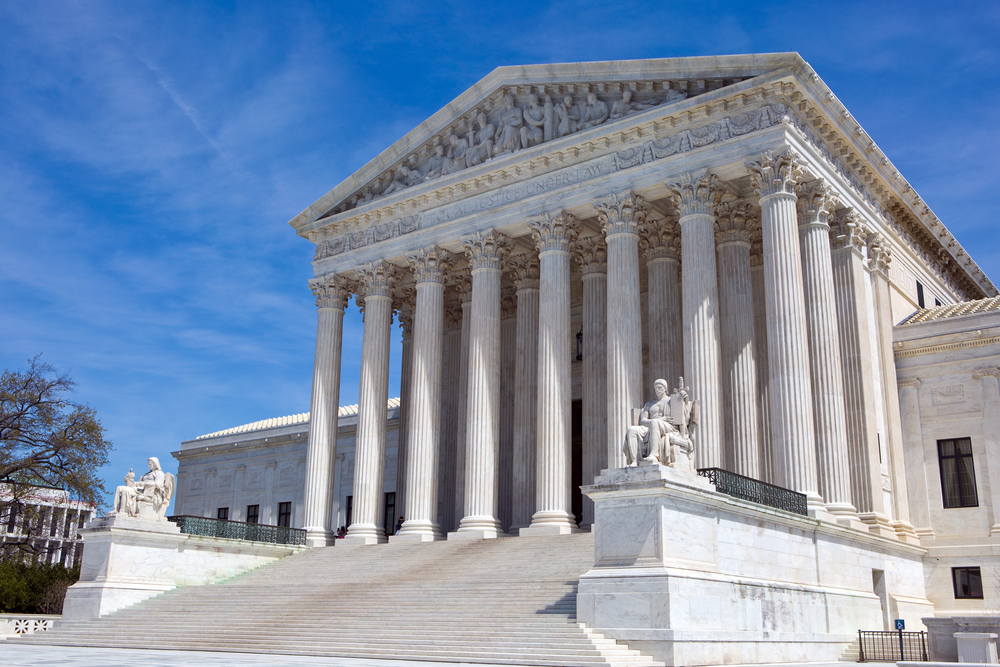New research has found that the path to a US Supreme Court clerkship has lengthened over the past two decades, with over 80% of the 36 clerks hired for the upcoming October 2023 term having two or three previous clerkships. This marks a significant change from the 2003 cohort, which included only two clerks with multiple clerkships, and the 2013 cohort, in which only a quarter had multiple clerkships.
The trend of spending multiple years in appellate court clerkships has grown, resulting in an extra year or more being spent in clerkships compared to 20 years ago. The author of the research, University of Iowa law professor Derek Muller, believes this trend may have negative consequences for law graduates. While judges may benefit from clerks with multiple clerkships, Muller believes spending multiple years in court clerkships may be a liability for those moving into large law firms, as these firms expect associates to be “up or out” after approximately six or seven years out of law school. This means serial clerks may have less time to gain private practice experience and advance through their firms.
Muller argues that federal judges and law students should contemplate the tangible costs of serial clerkships. He notes that only about 0.1% of each year’s graduating class make it to the Supreme Court, which means that while judges may benefit from clerks with multiple clerkships, most law graduates will not. Furthermore, Muller believes the trend toward multiple clerkships may negatively affect diversity. Gregg Costa, a partner at Gibson, Dunn & Crutcher and former judge on the US Court of Appeals for the Fifth Circuit, has also expressed concerns about the rise of multiple clerkships, arguing that they reduce the number of opportunities for young lawyers to the clerk and hinder efforts to hire more diverse clerks.
Supreme Court clerkships are highly competitive posts that open doors to the most prestigious and highly paid positions within the legal industry. Clerks can command signing bonuses worth $400,000 at major US law firms after their stint at the high court ends. However, the increasing trend towards multiple clerkships may mean that only a few can secure these highly coveted positions.
Connect with legal job recruiters who understand your needs – sign up for LawCrossing now.
The research suggests that the trend towards multiple clerkships may have unintended consequences for law graduates and the legal industry more broadly. While judges may benefit from clerks with multiple clerkships, most law graduates will not have the opportunity to clerk at the Supreme Court. They may find that spending multiple years in court clerkships limits their ability to gain private practice experience and advance through their firms. Furthermore, the trend towards multiple clerkships may reduce opportunities for young lawyers to the clerk and hinder efforts to hire more diverse clerks. As such, federal judges and law students need to consider the tangible costs of serial clerkships and the potential negative consequences for the legal profession.

